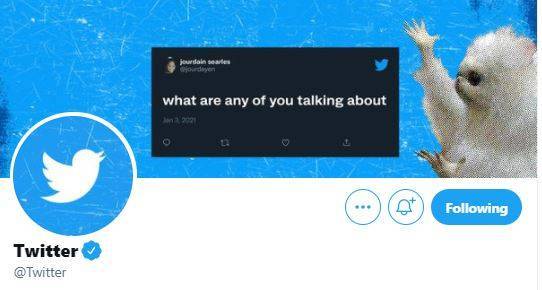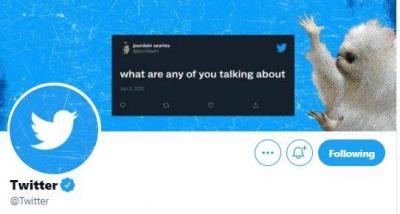On Tuesday, Twitter announced that it will comply with European Union sanctions against the Russian state media outlets RT and Sputnik when the EU order comes into effect. A spokesperson for Twitter stated, "EU sanctions will likely legally require us to block certain content in EU member states. We intend to comply with the order when it comes into effect." Outside the European Union, Twitter mentioned that it will continue to focus on reducing the visibility of content from these outlets, as well as labeling tweets from them with warnings.
Meta, the owner of Facebook, Alphabet (Google and YouTube), and TikTok have stated that they are banning access to RT and Sputnik within the EU. Meta announced on Tuesday that it has globally reduced the ranking of posts from Russian state media. Major online platforms have joined TikTok and Microsoft in limiting access to state-linked Russian news outlets, which face accusations of misinformation regarding Russia's military operation in Ukraine. Additionally, the American technology giant Apple announced on Tuesday that it has suspended the sale of all its products in Russia, as part of the latest consequences of the military operation in Ukraine. Meanwhile, Snapchat has banned all commercial advertisements on its platform in Russia and Belarus.
In response, Russia launched a campaign against social media companies on Tuesday and resumed slowing down Twitter's data loading on computers. A Russian Foreign Ministry official accused Meta, Google, and other Western tech giants of inciting war. Russia's communications regulator once again slowed down Twitter on computers, a measure it had lifted in May, accusing the U.S. company of failing to remove what it described as false posts about the "special operation" in Ukraine.
Russia has been restricting Twitter on mobile services for nearly a year as part of a broader campaign to control the internet, which opponents say threatens individual freedoms and corporate liberties. Moscow also partially restricts Facebook services. Meta stated that this action followed the company's refusal to comply with a government request to halt an independent fact-checking process regarding several Russian state media outlets, many of which faced restrictions in Ukraine and globally as Western countries sought to stifle Kremlin messaging.
Oleg Gavrilov, Deputy Head of the Information and Press Department at the Foreign Ministry, asserted that a system must be established to "hold accountable foreign war instigators against Russia" in order to enhance Russia's security.




